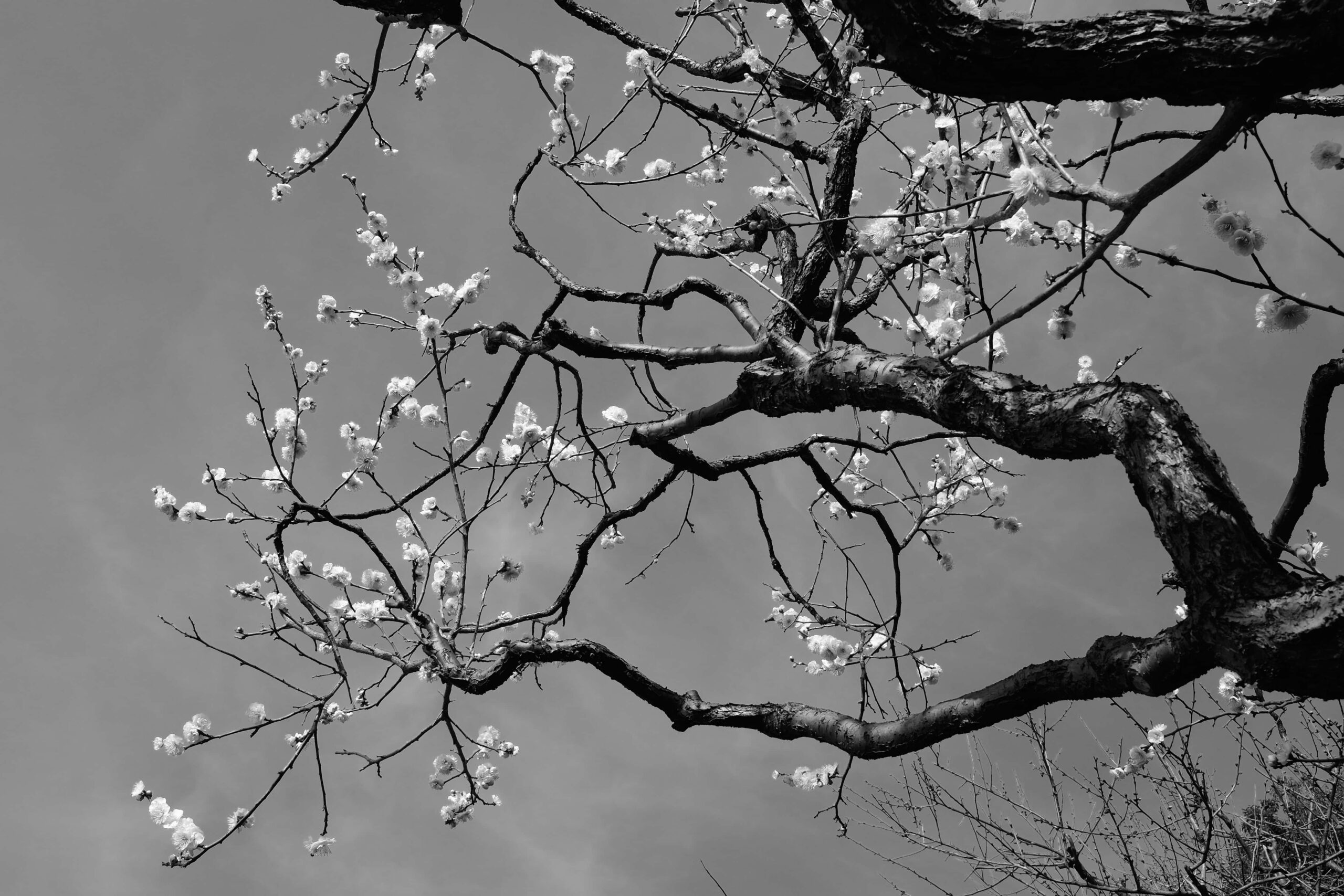Japanese culture is renowned for its emphasis on balance, harmony and well-being. Japanese lifestyle habits have attracted global attention because of their potential positive effects on physical and mental health. In this article, we delve into some of the key elements of the Japanese lifestyle that contribute to their overall well-being and longevity.
Mindful Eating
The Japanese approach to food includes mindful eating practices. They emphasize consuming fresh, seasonal and locally sourced ingredients. The traditional Japanese diet consists primarily of vegetables, fish, rice, and fermented foods like miso and pickles. Portion control is essential for balanced, satiating meals without consuming too many calories.
Active Lifestyle
Japanese daily life includes regular physical activity. Walking is a basic form of transportation, and the concept of “hara hachi bu” encourages eating until you are 80% full. Additionally, many Japanese engage in activities such as tai chi, martial arts or traditional dances, which promote flexibility, strength and overall fitness.
Connection with Nature
Japanese culture deeply values a connection with nature. Practices such as “shinrin-yoku” or forest bathing, where individuals spend time in nature to improve their well-being, are widely adopted. Gardens, parks and green areas are integrated into the urban environment, providing relaxation, contemplation and stress reduction.
Rituals and Mindfulness
The Japanese lifestyle is full of rituals and mindfulness practices. Tea ceremony, meditation, and Ikebana, the practice of arranging flowers, foster a state of awareness, tranquilly, and appreciation for the beauty of the present. These exercises enhance relaxation, mental clarity, and awareness of your environment.
Strong Sense of Community
Japanese society values social cohesion and strong community bonds. The concept of “Wa” or harmony emphasizes mutual respect, cooperation, and support. This social connectedness contributes to a sense of belonging, reduces loneliness and supports overall mental well-being.
Work-Life Balance
While not without its challenges, the Japanese value work-life balance. Efforts have been made to reduce long working hours and encourage leisure time, family involvement and vacation days. Prioritizing downtime and personal relationships helps reduce stress and promotes overall happiness and satisfaction.
Furthermore, Incorporating aspects of the Japanese way of life into our lives can improve our general well-being. By eating mindfully, staying physically active, connecting with nature, practising rituals and mindfulness, fostering community bonds and prioritizing work-life balance, we can strive for a more balanced, fulfilling and healthy lifestyle. Let us draw inspiration from the wisdom of Japanese culture and begin the journey toward a life of greater harmony and well-being.
